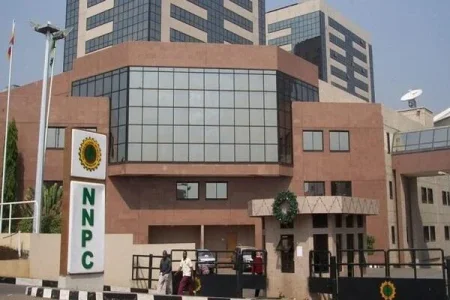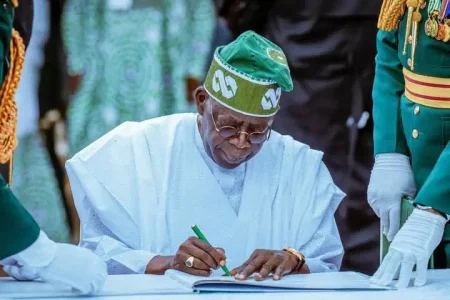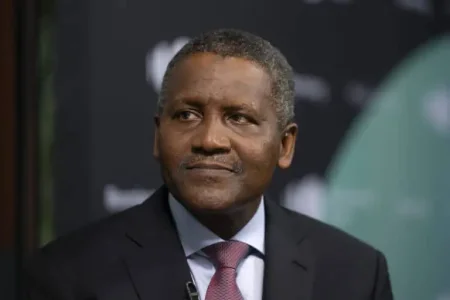
The Nigerian National Petroleum Company (NNPC) claims to sell petrol at half its landing cost, labeling the price difference as a “shortfall” rather than a subsidy. Critics argue this practice effectively constitutes a subsidy, raising concerns over transparency and economic impacts amid rising fuel prices and inflation.
The Nigerian National Petroleum Company (NNPC) Ltd has generated controversy by asserting that it sells petrol at half the cost of importing it, while rejecting the label of "subsidy" for this pricing practice. Umar Ajiya, the CFO of NNPC, explained that the price difference between petrol at the pump and its landing cost is merely a “shortfall” rather than a subsidy. Currently, petrol is priced at about N600 per litre, whereas the actual cost of bringing it into the country is around N1,200. This has led NNPC to incur substantial expenses, amounting to N7.8 trillion in the first half of the year.
Ajiya emphasized that NNPC has not disbursed subsidy payments to any marketers in recent months. He noted that the government mandates the lower selling price, which results in the shortfall that NNPC is addressing internally. However, this explanation has been met with skepticism from some critics. Waiziri Adio, a policy expert, argued that regardless of the terminology, selling fuel below its cost-effectiveness constitutes a subsidy.
Adio has called for greater transparency from NNPC, particularly given the challenges of rising fuel prices and inflation that are impacting Nigerians. As the government attempts to move away from the term "subsidy," discussions about fuel pricing and its economic implications remain crucial.




